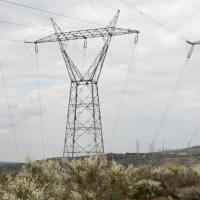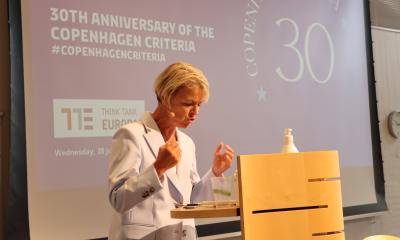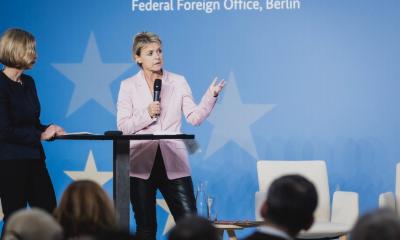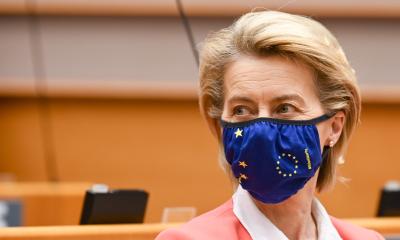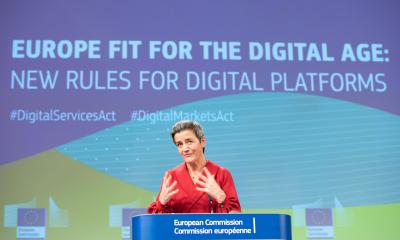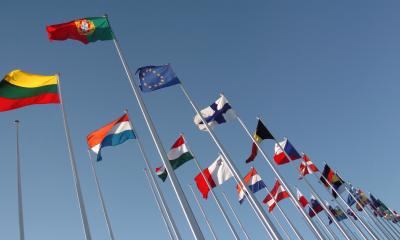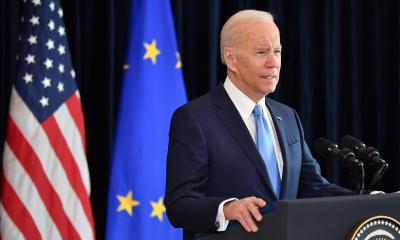A perilous course: EU is pursuing its political objectives through emergency law
Since the outbreak of COVID-19, the EU has relied on emergency law to pursue its economic and political ambitions at a scale rarely seen before.
This is alarming from a democratic standpoint and poses risks to Europe’s economic stability. As we approach the European Parliamentary elections in June, the time is ripe for a critical discussion of the EU’s increasing reliance on emergency law.
In response to the pandemic and the energy crisis of 2022, European leaders took the controversial steps of suspending treaty norms such as the EU’s state aid rules and invoking emergency clauses to enact innovative and far-reaching policies – from issuing common EU debt to introducing temporary EU taxes on profits in the energy sector.
Several of the EU’s crisis policies arguably extended beyond merely addressing the immediate emergency. The EU’s COVID-19 recovery instrument is a case in point as its effect will persist long after the crisis that legitimized it.
Under the treaties, the EU’s emergency clause, Article 122, permits the Council to take economic measures to alleviate a crisis without consulting the European Parliament and through a decision made by a qualified majority, even when the treaty would otherwise require unanimity.
Its application is on the rise. Since 2020 it has already been invoked ten times. In the decade preceding the pandemic, the emergency clause was used just four times.
While the EU’s ability to declare an emergency and act with greater flexibility than usual is necessary, it is a cause for concern when politicians abuse this tool to expedite decision-making and bypass the European Parliament.
The key question facing the EU is whether the increased use of emergency law adheres to the spirit of the treaties or if it marks a trend towards using it to implement lasting measure. Clarifying the limits of emergency powers in the EU is needed.
Doing so would not only alleviate concerns about the democratic implications of relying on emergency law but could also bolster the Union’s ability to manage crises. This clarity would reduce uncertainty and forestall legal and political pushback.
The EU’s recovery instrument and the windfall tax were both justified by invoking Article 122. Both applications of the emergency clause have been challenged in courts, with decisions still pending on the latter.
Most recently, the Council’s decision to impose a windfall tax on fossil profits has been subject to new lawsuits in Germany, Denmark and at the EU Court of Justice.
The cases were filed in November by the oil company Klesch Group, who claims protection under the Energy Charter Treaty. Late last year, Exxon Mobil also sued the EU arguing that it can only impose taxes by unanimity under the treaties.
While the regulatory flexibility provided by Article 122 may be tempting to politicians engaged in crisis management, these pending cases expose the long-term risk of pursuing political objectives through emergency law.
Most democracies have emergency procedures written into their constitution, making clear who governs and how they might do so when a crisis hits. Yet, the EU’s treaties do not have a dedicated chapter on crisis management. Rather, the EU’s crisis response measures have evolved gradually.
As the European Parliamentary elections in June 2024 approach and calls for a reform of the EU and its treaties grow, this is an opportune moment to initiate a discussion on the EU’s competences during a crisis and the limits of the EU’s emergency clause.
The increased use of Article 122 as a base for the Union’s political ambitions, which relies on questionable justifications for excluding the European Parliament from decision-making, makes a debate on the future of the EU’s emergency rule pertinent.
The Think Tank EUROPA does not take collective positions. This publication only represent the views of their individual authors.

